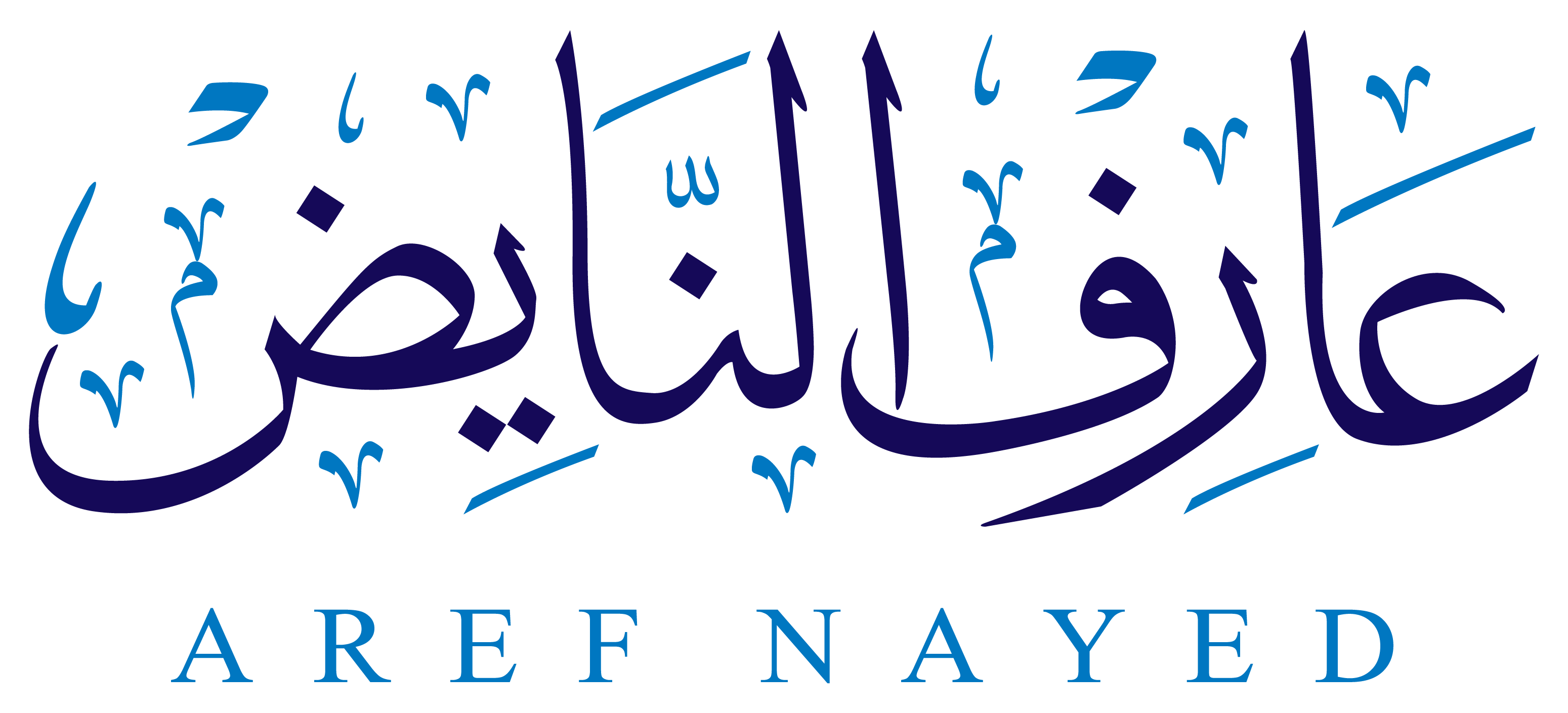Early Advocate for Peace During the 2011 Civil War
Early Advocate for Peace During the 2011 Civil War
In February 2011, Aref Nayed heard and heeded the call to advocate on behalf of peace, democracy, and human dignity in Libya. He worked tirelessly and compassionately to hold the public figures accountable and get leaders of disputing groups together to align around the objective of liberating Libya from tyranny.
His call for peaceful demonstration and appeals to international arbiters focused international attention on the conflict in Libya. He forged alliances between opposing factions to recognize each other rather than deny each other’s humanity. His belief that compassion and progress are to be found in reconciliation and not in division drove his efforts as an early advocate for peace during the events of 2011 and continue to shape his work to build a united Libya.
Early Advocate for Peace During the 2011 Civil War
In February 2011, Aref Nayed heard and heeded the call to advocate on behalf of peace, democracy, and human dignity in Libya. He worked tirelessly and compassionately to hold the public figures accountable and get leaders of disputing groups together to align around the objective of liberating Libya from tyranny.
His call for peaceful demonstration and appeals to international arbiters focused international attention on the conflict in Libya. He forged alliances between opposing factions to recognize each other rather than deny each other’s humanity. His belief that compassion and progress are to be found in reconciliation and not in division drove his efforts as an early advocate for peace during the events of 2011 and continue to shape his work to build a united Libya.
To forge Libya’s initial steps towards democracy and ease conflict during the Civil War, Aref Nayed acted on his basic, fundamental beliefs about humanity. He believes that all Libyans are equal, all Libyans count, each Libyan has a role to play, and the country is better off working together. He believes divisiveness must be replaced with compassion for fellow Libyans and forgiveness. Most importantly, Nayed believes that peace requires the capacity to visualize a future different from one of tyranny, cruelty, and corruption.
Peace among families, communities, regions, and tribes requires Libyans to let go of old rivalries and hatreds and recognize that violence against a single individual is equivalent to violence against all Libyans. Nayed spent his time during the period since 2011 applying these basic principles to reduce conflict and promote a religious discourse and national dialogue rooted in forgiveness, compassion, and reconciliation.
In February 2011, together with religious leaders from across Libya, Nayed established the Network of Free Ulema. The Network united Libya’s most senior Muslim scholars and has since grown from an informal group of scholars that emerged that emerged in 2011 to form the League of Libyan Ulema which continues to serve as an authority that guides Libya’s moral, social, and political values. This network of Libyan scholars has become one of the most important networks for spreading a compassionate and pluralistic religious discourse—one which stands against violent religious rhetoric.
Aref’s Record Thus Far
As an Early Advocate for Peace
- Aref Nayed has a vision of a future Libya that is a unified and proud nation with common goals, a shared heritage, national pride, and a commitment to stability
- Aref Nayed believes that the February 17th Revolution can only be considered a success if genuine democracy based on forgiveness, compassion, and reconciliation is achieved
- Aref Nayed urged rebellion against Gaddafi and called for action to prevent atrocities against civilians
- Aref Nayed sought international support for upholding the human rights of Libyans and publicly called for Muammar Gaddafi to step down
- Aref Nayed believes the February 17th Revolution belongs to all Libyans – not any sole individual or group
- Aref Nayed played a key role in establishing the League of Libyan Ulema which united Libya’s religious leaders to call for the previous regime to step down and continues to provide moral guidance
- Aref Nayed supports an equal role for women in Libyan political, economic, and social life
- Aref Nayed was an early supporter of the North Atlantic Treaty Organization’s intervention but only supports ongoing international assistance that honors the principles of state sovereignty and non-intervention
- Aref Nayed strengthened relationships with several Arab nations which provided critical humanitarian support and technical assistance
